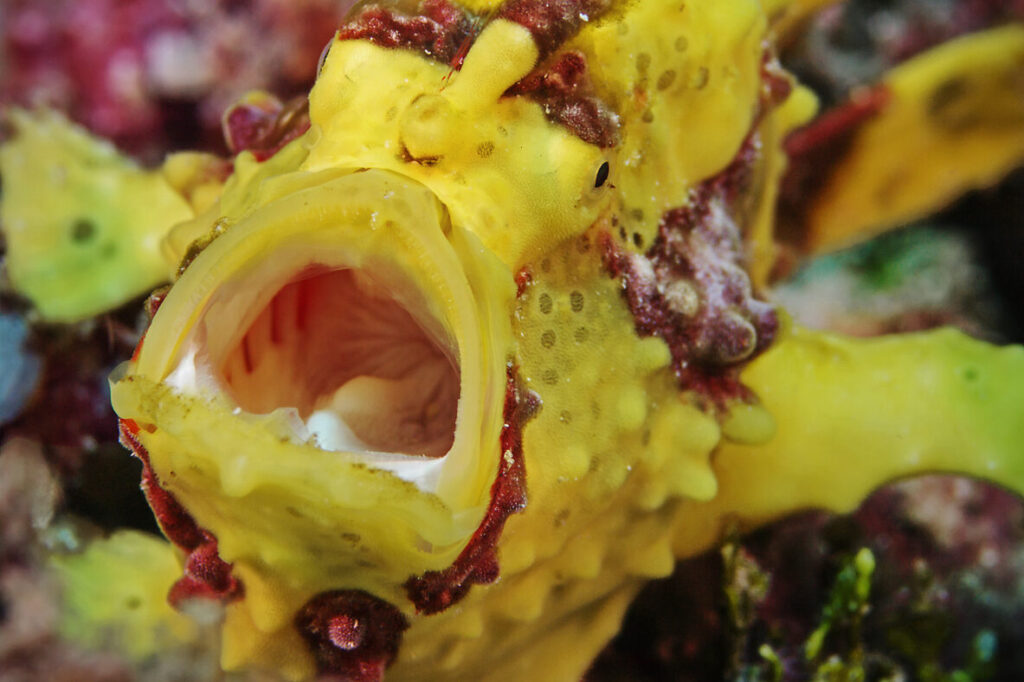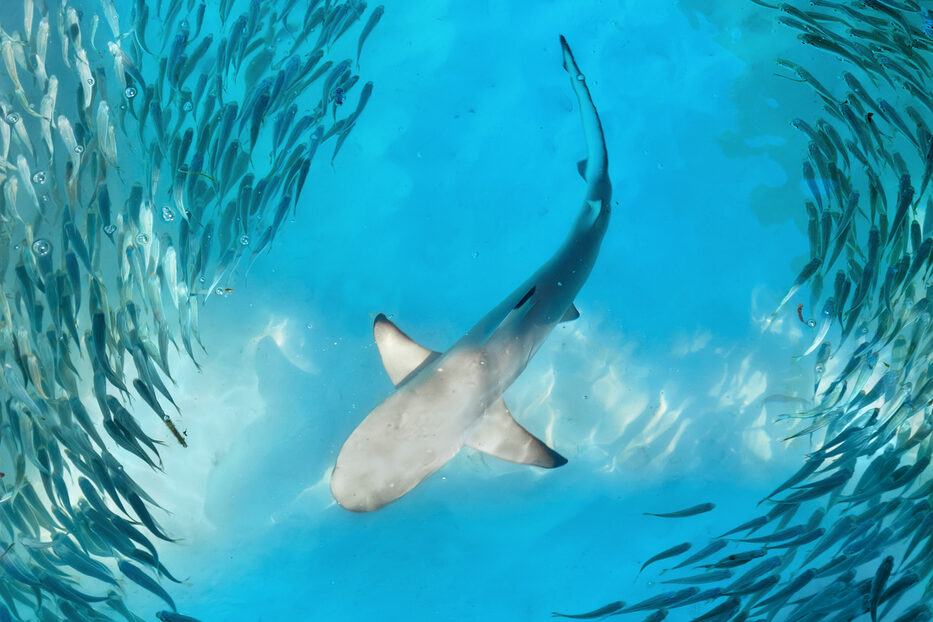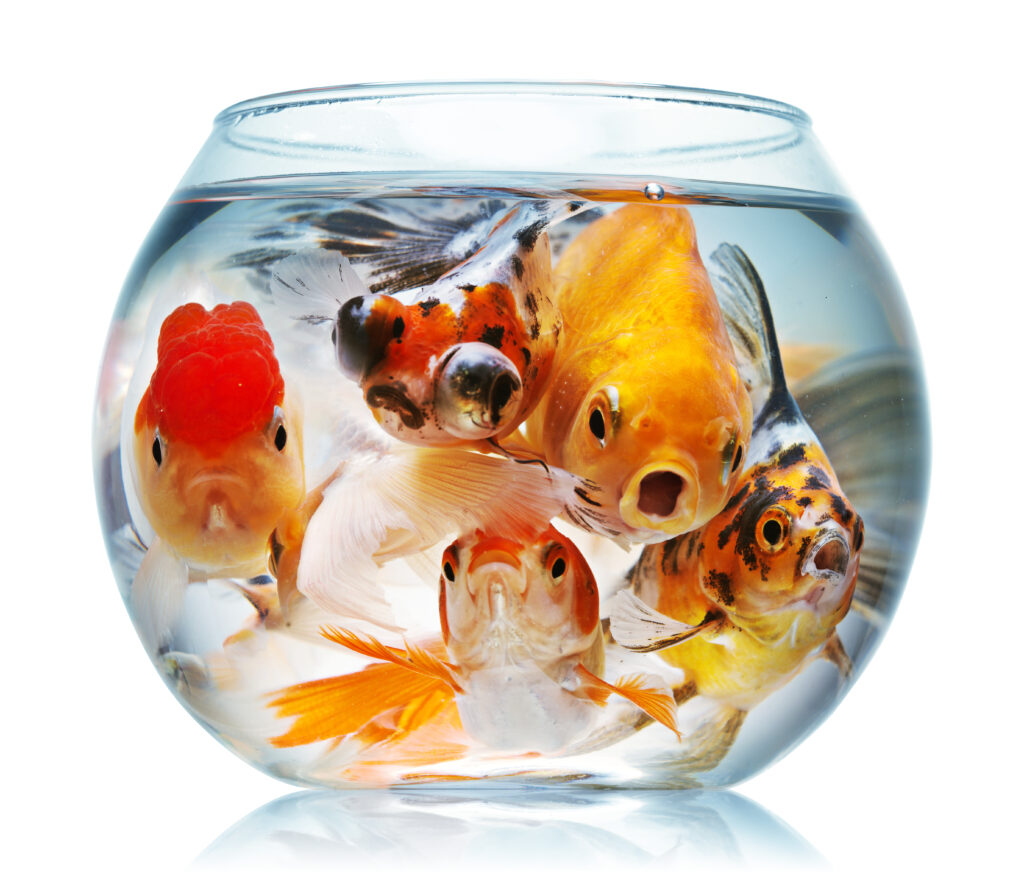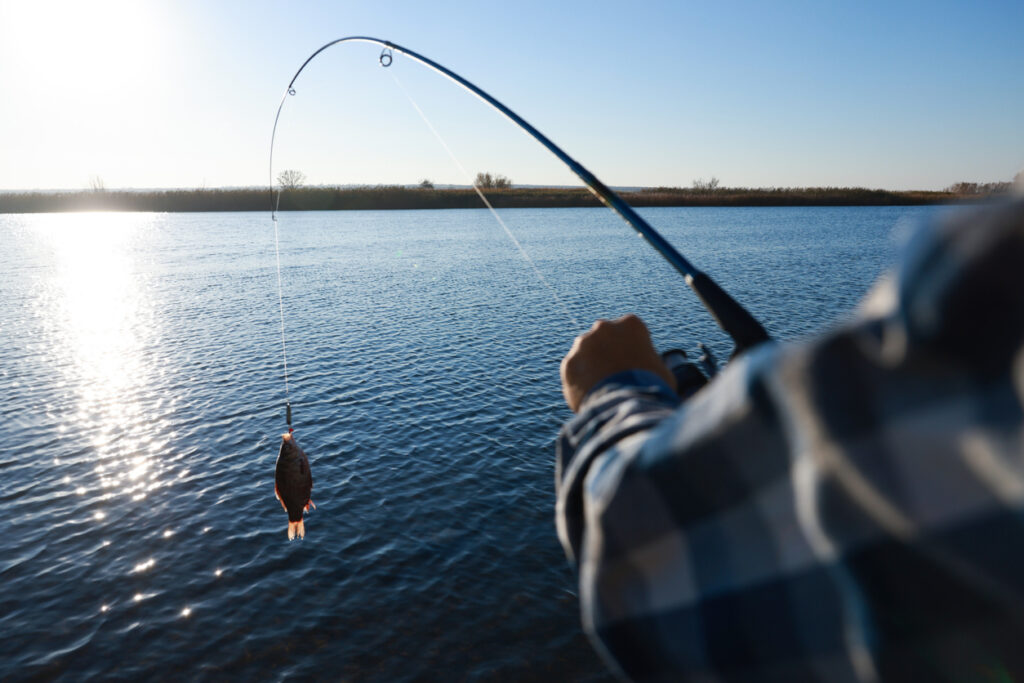The Fish Pain Paradox

A fisherman reels in a wriggling trout, its silvery scales flashing in the sunlight. The fish thrashes wildly, its mouth gaping, its body convulsing in a desperate fight against the invisible force pulling it from the depths. Is this an act of pure instinct, a mechanical response to being restrained? Or is this trout experiencing a raw, inescapable agony—one we can’t hear but should recognize? This simple yet unsettling question has split scientists into two warring camps. Some believe fish are capable of suffering, while others argue that their reactions are nothing more than reflexes—like a wind-up toy jerking to life when wound too tight.
This isn’t just a debate for marine biologists and animal rights activists. If fish feel pain the way we do, it would radically change the way we fish, farm, and even keep them as pets. Are we inflicting mass suffering on creatures that lack the means to express it? Or are we anthropomorphizing beings that operate in a completely different sensory world? The answer isn’t as clear-cut as we might hope, but as scientists dive deeper into the minds of fish, startling discoveries keep surfacing.
A Case for Fish Pain

Imagine stubbing your toe on a table leg. That sharp sting radiates upward, making you wince and maybe even curse. But the pain isn’t just about the sensation—it’s an emotional experience that leaves you wary of the table’s presence in the future. Scientists who argue that fish feel pain believe something similar happens in their underwater world. In one eye-opening experiment, researchers injected fish with acidic substances and observed their behavior. The fish rubbed their injured areas against surfaces, avoided certain locations, and even displayed rapid breathing—all signs of distress in animals with complex nervous systems.
The most compelling evidence came when scientists introduced painkillers. The fish that had been showing clear signs of discomfort suddenly returned to normal behavior after being given medication. If their reactions were nothing more than automatic responses, why would a painkiller change anything? This suggests that fish do more than just react to damage—they experience it. If true, it means that every hook, net, and careless hand that pulls them from the water might be causing suffering far beyond what we’ve ever considered.
But Where’s the Brain for It?

Here’s where things get tricky. In humans, pain is recognized and processed in the neocortex, a brain region responsible for emotions, awareness, and complex thinking. Without a neocortex, we wouldn’t experience pain as we know it. And here’s the catch—fish don’t have one. Their brains are structured entirely differently from mammals, leading some scientists to argue that they can’t process pain in a meaningful way. If they lack the neural hardware, can they truly suffer in the way we understand suffering?
Skeptics argue that fish responses to injury are no different from a Venus flytrap snapping shut—it’s a built-in survival mechanism, not an emotional experience. A fish flailing on a hook, they claim, isn’t “crying out” in pain but merely exhibiting a deeply ingrained escape reflex, much like a frog’s leg twitching when zapped with electricity. If this theory is true, it means we’ve been misinterpreting fish behavior all along. But if pain isn’t just about brain structures—if it’s about survival, memory, and learning—then maybe we’ve been looking in the wrong place.
The Fear Factor

Pain isn’t just about physical suffering; it’s about fear and anticipation of harm. If you’ve ever hesitated before touching something hot or recoiled from a sharp object, you know that pain shapes behavior. Scientists who argue that fish feel pain point to studies showing that fish remember past injuries and alter their actions accordingly. In one experiment, fish that had previously been exposed to mild pain became more cautious when placed in a tank with a predator. They avoided open spaces, stuck close to cover, and took longer to resume normal activity, as if the memory of their past suffering still lingered.
This suggests that fish don’t just react to pain in the moment—they retain the experience of pain and adjust their behavior to avoid it in the future. That’s a significant leap from mere reflexive action. If a creature can anticipate pain and change its actions based on past suffering, doesn’t that imply some level of emotional awareness? While skeptics argue that this is merely instinctual programming, others see it as compelling evidence that fish aren’t as mindless as we once thought.
Goldfish and the Electric Shock

Goldfish are often dismissed as simple, forgetful creatures, but science tells a different story. In one experiment, researchers placed goldfish in a tank with a lever that dispensed food. However, there was a catch—each time the fish pressed the lever, they received a mild electric shock. At first, the fish eagerly approached the lever, but over time, they began hesitating before making a decision. Some even refused to press the lever at all, choosing to forgo the food rather than endure discomfort. This suggests they are capable of weighing pain against reward rather than acting purely on instinct.
If they didn’t experience pain, why would they hesitate? Why wouldn’t they mindlessly press the lever, driven by hunger alone? The idea that fish can evaluate consequences adds another layer to the argument that they experience suffering. It challenges the notion that only mammals and birds process pain in a meaningful way. If goldfish can make such choices, perhaps other fish do too.
Some Fish Seem Indifferent

If pain is universal, why do some fish behave as if injuries don’t bother them? Sharks, for example, have been observed continuing to hunt prey despite severe wounds. Some species show little reaction to injuries that would incapacitate other animals. Even fish with large chunks of flesh missing have been seen swimming normally. Does this mean that pain in fish is selective, or is something else at play? Scientists have debated whether such behavior is evidence of a different pain system or an evolutionary adaptation.
One theory is that certain fish have evolved to suppress pain responses to avoid appearing vulnerable. In the wild, a struggling fish is an easy target, so species that can mask suffering may have a survival advantage. This doesn’t disprove the existence of pain—it just suggests different species have different ways of handling it. Perhaps pain perception varies based on evolutionary pressures, shaping responses that improve survival chances.
The Cephalopod Clue

If fish don’t feel pain, why do octopuses? Cephalopods like octopuses, squid, and cuttlefish have been officially recognized as sentient beings. Studies show that injured octopuses groom their wounds, avoid painful stimuli, and even exhibit signs of emotional distress. And yet, their nervous systems are vastly different from those of vertebrates. Their brains function in a decentralized way, spread throughout their bodies. This challenges the idea that complex pain perception requires a mammalian brain structure.
This suggests that complex pain perception isn’t limited to animals with a neocortex. If octopuses, with their alien-like nervous systems, can feel pain, isn’t it possible that fish do too? Maybe fish process pain differently, in ways we don’t fully understand yet. If intelligence and suffering aren’t exclusive to mammals, then our understanding of fish pain may be incomplete.
The Ethical Dilemma

If fish feel pain, then everything from commercial fishing to pet care practices might need reevaluating. Many fishing methods, from gill nets to longlines, cause prolonged suffering. Even farmed fish are often slaughtered without stunning, a process that would be considered inhumane for land animals. Yet, such practices continue largely unchecked, raising concerns about cruelty. If our treatment of land animals is regulated based on pain perception, shouldn’t the same apply to fish?
Some countries, like Norway and Germany, have introduced humane slaughter laws for fish. But if fish don’t feel pain, these laws might be unnecessary. If they do, then our entire relationship with seafood might need serious ethical reconsideration. The fishing industry, restaurants, and even home aquariums might have to adopt more humane practices. The question remains: are we willing to change how we treat fish?
The Mystery Remains

After decades of research, the question still lingers: do fish truly feel pain, or are we projecting our own experiences onto them? The evidence is compelling on both sides, but science has yet to reach a definitive answer. What we do know is that fish are far more complex than we ever imagined. Their behaviors suggest an awareness beyond what was once believed. Some studies indicate fish possess learning abilities, memory, and avoidance behaviors that resemble pain responses.
Whether they experience suffering as we do or possess an entirely different way of processing harm, one thing is certain—fish are not the mindless creatures we once thought. Instead of asking if they feel pain, perhaps we should be asking if we are ready to see them as something more. A shift in perspective could reshape how we interact with marine life and reconsider our ethical responsibilities.


